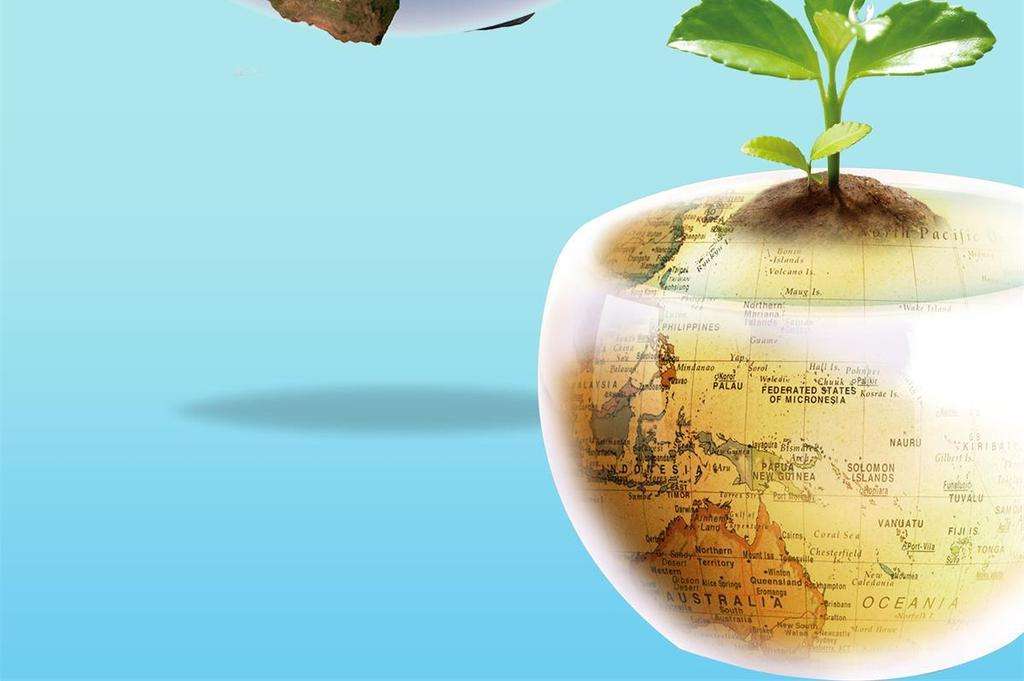As one leading biology text puts it, with perhaps just a tiny hint of discomfort, "Researchers agree that such reactions would not have been energetically favorable in the primitive sea, or indeed in any aqueous medium, because of the mass action law." It is a little like putting sugar in a glass of water and having it become a cube. It shouldn't happen, but somehow in nature it does. The actual chemistry of all this is a little arcane for our purposes here, but it is enough to know that if you make monomers wet they don't turn into polymers—except when creating life on Earth. How and why it happens then and not otherwise is one of biology's great unanswered questions.

One of the biggest surprises in the earth sciences in recent decades was the discovery of just how early in Earth's history life arose. Well into the 1950s, it was thought that life was less than 600 million years old. By the 1970s, a few adventurous souls felt that maybe it went back 2.5 billion years. But the present date of 3.85 billion years is stunningly early. Earth's surface didn't become solid until about 3.9 billion years ago.












